Nuno Mendes on health, fame and returning to his roots
The Portuguese chef tells The Week Portfolio about the project that brought him home
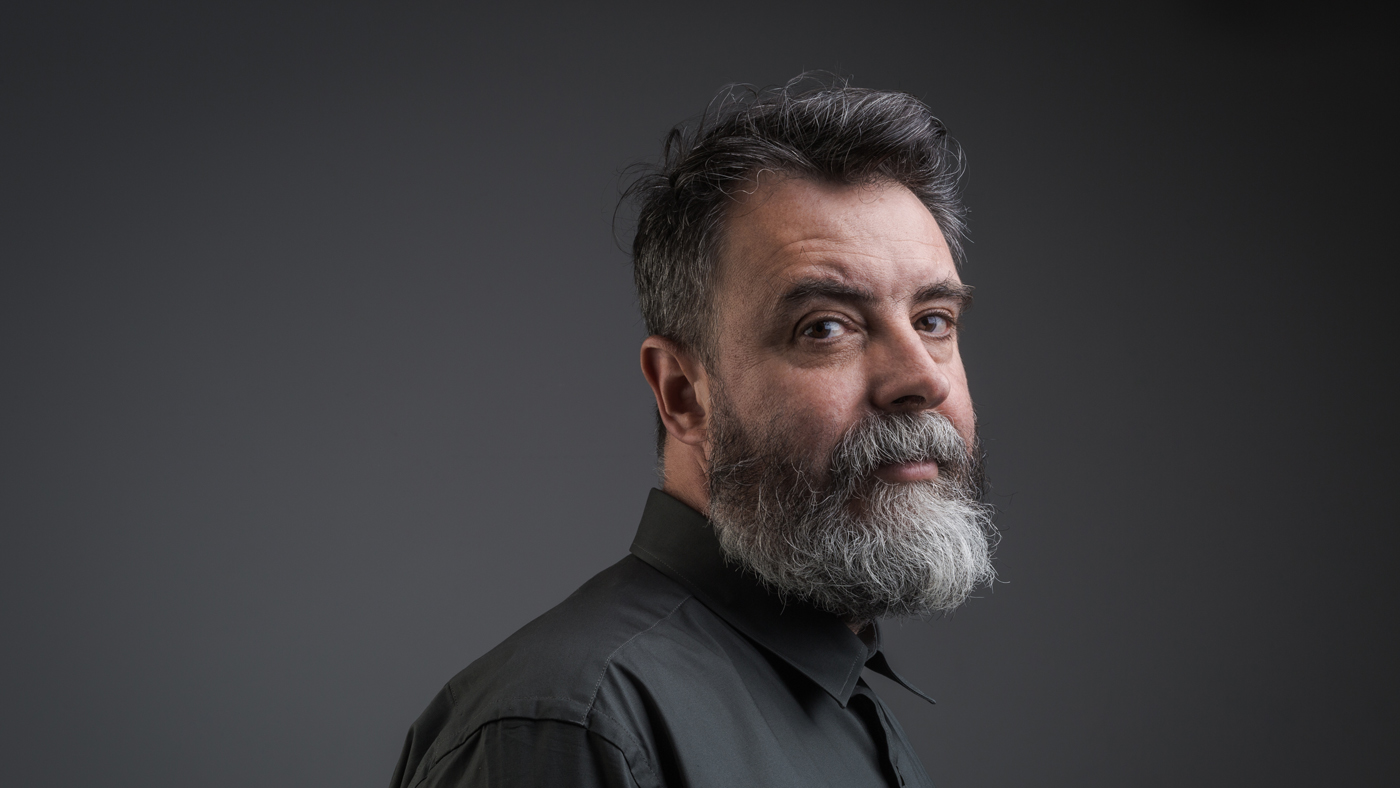
A free daily email with the biggest news stories of the day – and the best features from TheWeek.com
You are now subscribed
Your newsletter sign-up was successful
Portuguese chef Nuno Mendes is the world-renowned creative force behind one of London’s most popular restaurants – the Chiltern Firehouse. But as he enters his 47th year, and after a career that has taken him from the US to Spain, then Japan and for the last ten years the UK, he is now opening his first restaurant in the city where he grew up: Lisbon.
The Week Portfolio caught up with the chef to ask him about how he feels about his critics, what led him to mount a project in Portugal, and why he believes that “happy people make happy food”.
You have described your early life in London as “profoundly unhealthy”. Why was that? And would you say you are healthier today?
The Week
Escape your echo chamber. Get the facts behind the news, plus analysis from multiple perspectives.

Sign up for The Week's Free Newsletters
From our morning news briefing to a weekly Good News Newsletter, get the best of The Week delivered directly to your inbox.
From our morning news briefing to a weekly Good News Newsletter, get the best of The Week delivered directly to your inbox.
In my early days, I didn’t have a good work-life balance; it was all about work. At the time, it was a necessary step and my work is my passion, so I was happy to immerse myself into it back then. Now I am looking to balance things out more and to enjoy life outside of work as well. I have more things and more people to live for. I am happier now for sure.
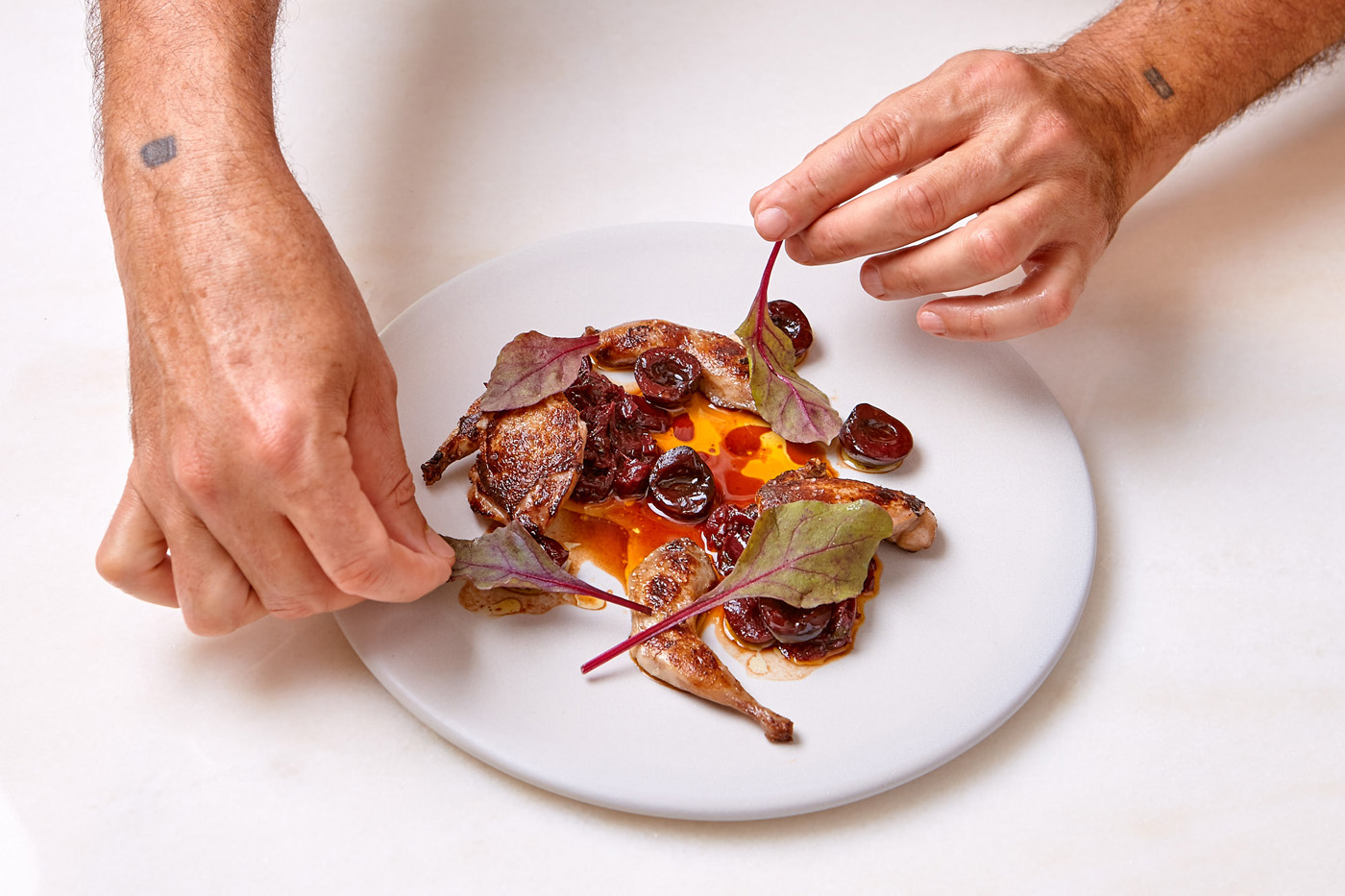
With the opening of your new restaurant in the Bairro Alto Hotel, you have returned to your roots. What has changed in Lisbon since you left? And what are you aiming to bring back from your time working outside of Portugal?
Lisbon is my hometown and I have always loved the city. In my younger years, living there was difficult at times, so when I was in my late teens, I decided to leave in search of new places, cultures and other points of view. I saw a lot but my love for Lisbon continued to grow as time went on.
When I was younger, I saw the sad and shy Lisbon, where it was difficult to live in, difficult to dream and difficult to find expression. That was many years ago and the Lisbon of now is very different! It’s happy, alive, and it’s proud of its culture. It is also open to new ideas and is welcoming and inclusive to everyone. I would dare say that it’s one of the best cities to live in Europe at the moment. It’s amazing to be back on a regular basis and an incredible feeling to be working on an amazing project there.
A free daily email with the biggest news stories of the day – and the best features from TheWeek.com
What I want to offer at the BAHR is Portuguese food showcasing the best of Portuguese ingredients and recipes. I want to join my friends and colleagues who stayed there in shouting out loud how much great stuff we have and what an amazing, diverse food culture we have!
The hotel’s renovation was by Pritzker Prize-winning architect Eduardo Souto de Moura. How did you work together? And how important is good design to the success of a restaurant?
Eduardo Souto Moura is an amazing person and an amazing architect. It was an honour to work with him! For me, design is a very important key to the success of a project.
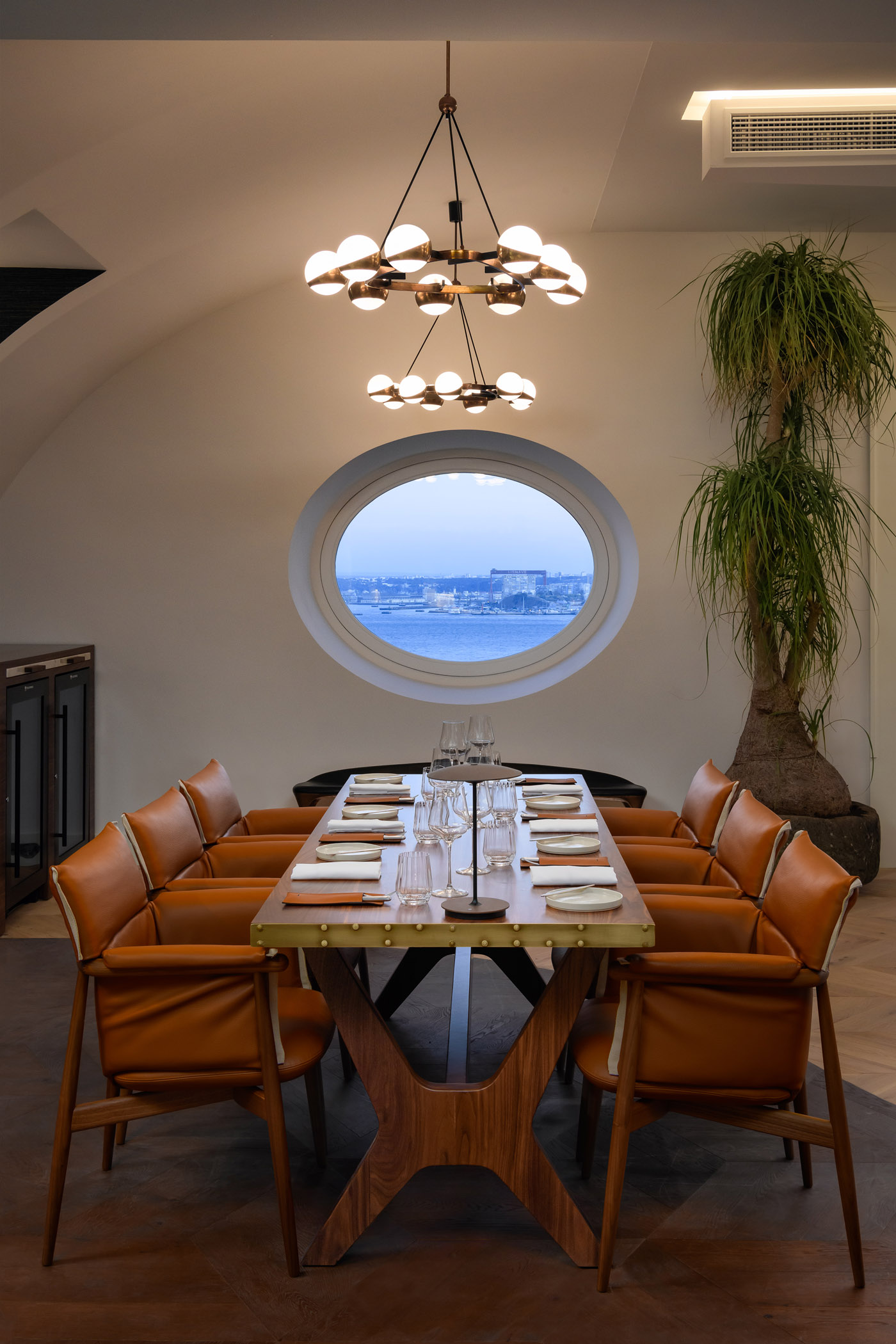
You have received your fair share of both high accolades (including Michelin stars) as well as critical reviews. Do you care about criticism, both good and bad?
I’ve been fortunate enough in my career to have received a lot of both! The fact that I still polarise opinions makes me feel positive about my work.
If I’m honest, I usually spend more time reading the negative criticism if it’s well founded so that I can continue to learn and to grow. I share both the positives and the negatives with my teams - it’s important for us to be aware of what people say about us in order to keep growing. On the other hand, I’ve carved this path a long time ago, so it would be hard for me to change too much. All in all, I’m happy with what I’ve achieved, and I honestly have no regrets.
You have said in the past that “happy people make happy food”. So how do you make your team happy? And in your view, what does happy food taste like?
I love working with a team, and I like to empower all those I work with, so they become more involved and more connected with the projects.
Every single one of my projects is run like a family business; we are all very close and all very passionate about it. Everyone has a voice and we always discuss ideas and open up to creative input.
This allows for our teams to feel a strong passion for the project, which in turn means everyone puts extra care in what they do. This creates a fun and positive environment, and this is an environment where you can feel the love in the food. I have my kitchens open so that you can see this love as well. And the teams can see you!
I don’t know what happy food tastes like, but I can tell you that at several places I’ve visited, I have felt how the harshness and the aggression of the working environment, which started at the top, had a really negative impact on the food. I don’t like to go to these places.
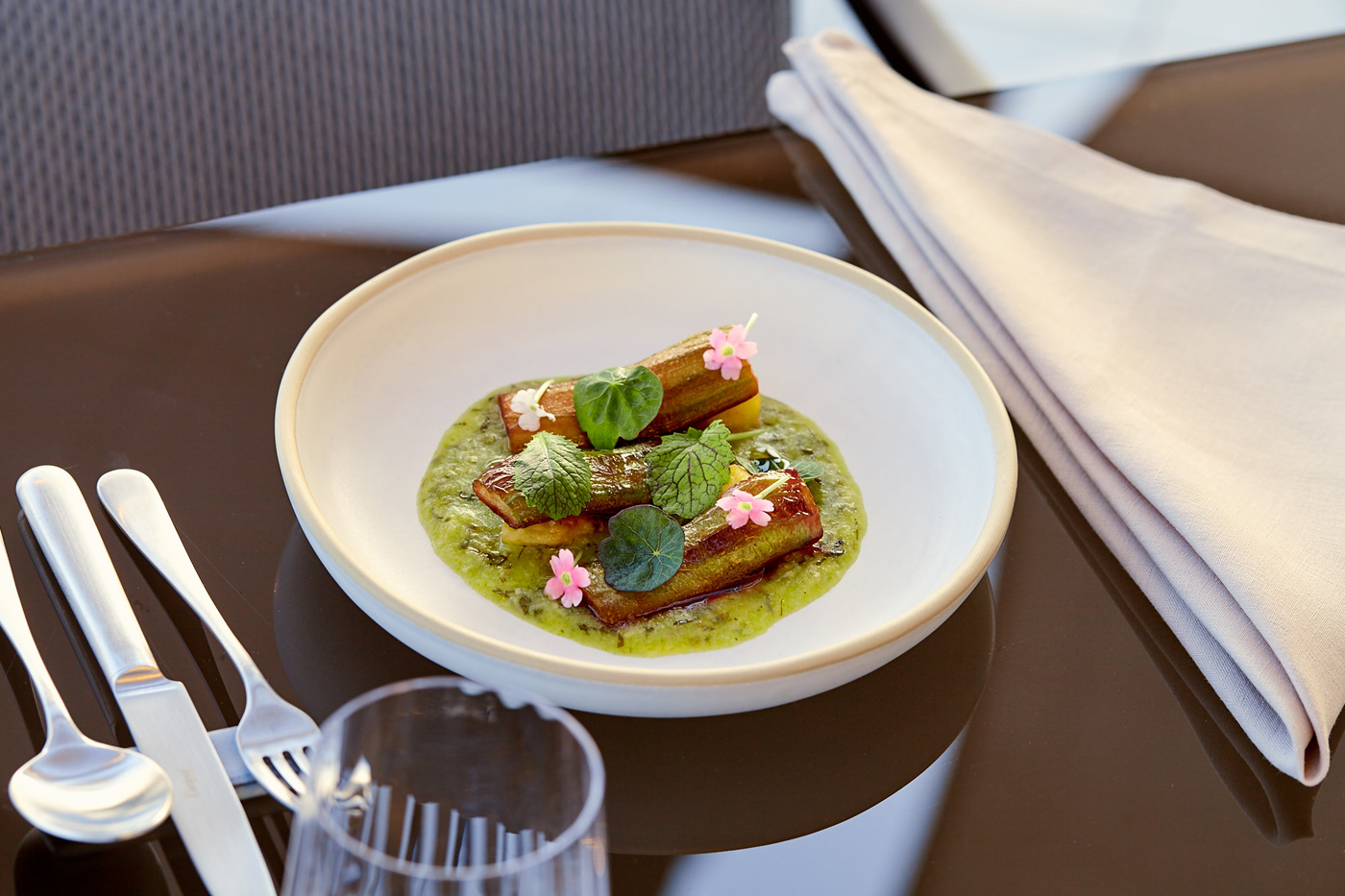
Do you regard yourself as a chef first or a businessperson? Or do the two necessarily go hand in hand?
Always a chef, but I recognise how important it is also to know about business. In today’s world, in a city like London, you need to be good at both.
Aside from your own, which restaurants and chefs in the UK do you most admire at the moment?
I have so many old and new friends in this business that it would be unfair to only name a few. This is still a really tough career and it’s very hard to succeed. I take my hat off to those who are pushing themselves to become better every day and I also salute the ones who have been around for a long time and continue to inspire, educate and make this industry better and better.
I also take my hat off to the partners of those in this industry. They are the ones who sacrifice the most and more often than not, they continue to be unsung. It’s difficult to be a chef, but it’s even harder to be with a chef.
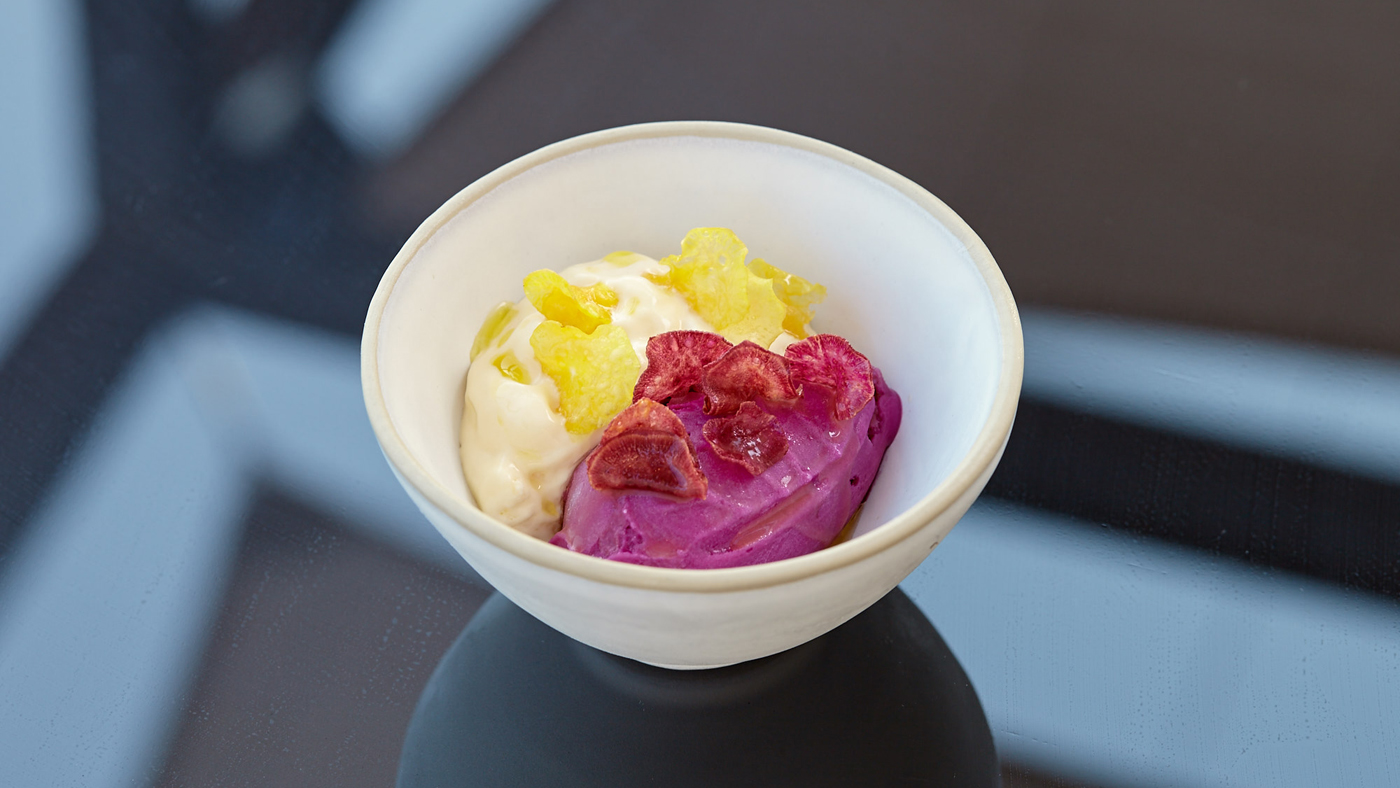
Eating out has changed an enormous amount since you began cooking. What do you think the restaurant experience will look like in another 20 years’ time?
I can’t think that far ahead. I just hope that we do enough in our industry and society to not deplete our resources for future generations. As a collective, we are not doing enough! This needs to change dramatically if we want to have a future.
And finally, this is looking a long way into the future, but when your career is done, how would you like to be remembered?
I will be happy if people remember me as someone who cared.
For more information and to book a seat at Bairro Alto Hotel Restaurant in Lisbon, visit bairroaltohotel.com/en/eat-drink
Arion McNicoll is a freelance writer at The Week Digital and was previously the UK website’s editor. He has also held senior editorial roles at CNN, The Times and The Sunday Times. Along with his writing work, he co-hosts “Today in History with The Retrospectors”, Rethink Audio’s flagship daily podcast, and is a regular panellist (and occasional stand-in host) on “The Week Unwrapped”. He is also a judge for The Publisher Podcast Awards.
-
 The environmental cost of GLP-1s
The environmental cost of GLP-1sThe explainer Producing the drugs is a dirty process
-
 Nuuk becomes ground zero for Greenland’s diplomatic straits
Nuuk becomes ground zero for Greenland’s diplomatic straitsIN THE SPOTLIGHT A flurry of new consular activity in Nuuk shows how important Greenland has become to Europeans’ anxiety about American imperialism
-
 ‘This is something that happens all too often’
‘This is something that happens all too often’Instant Opinion Opinion, comment and editorials of the day
-
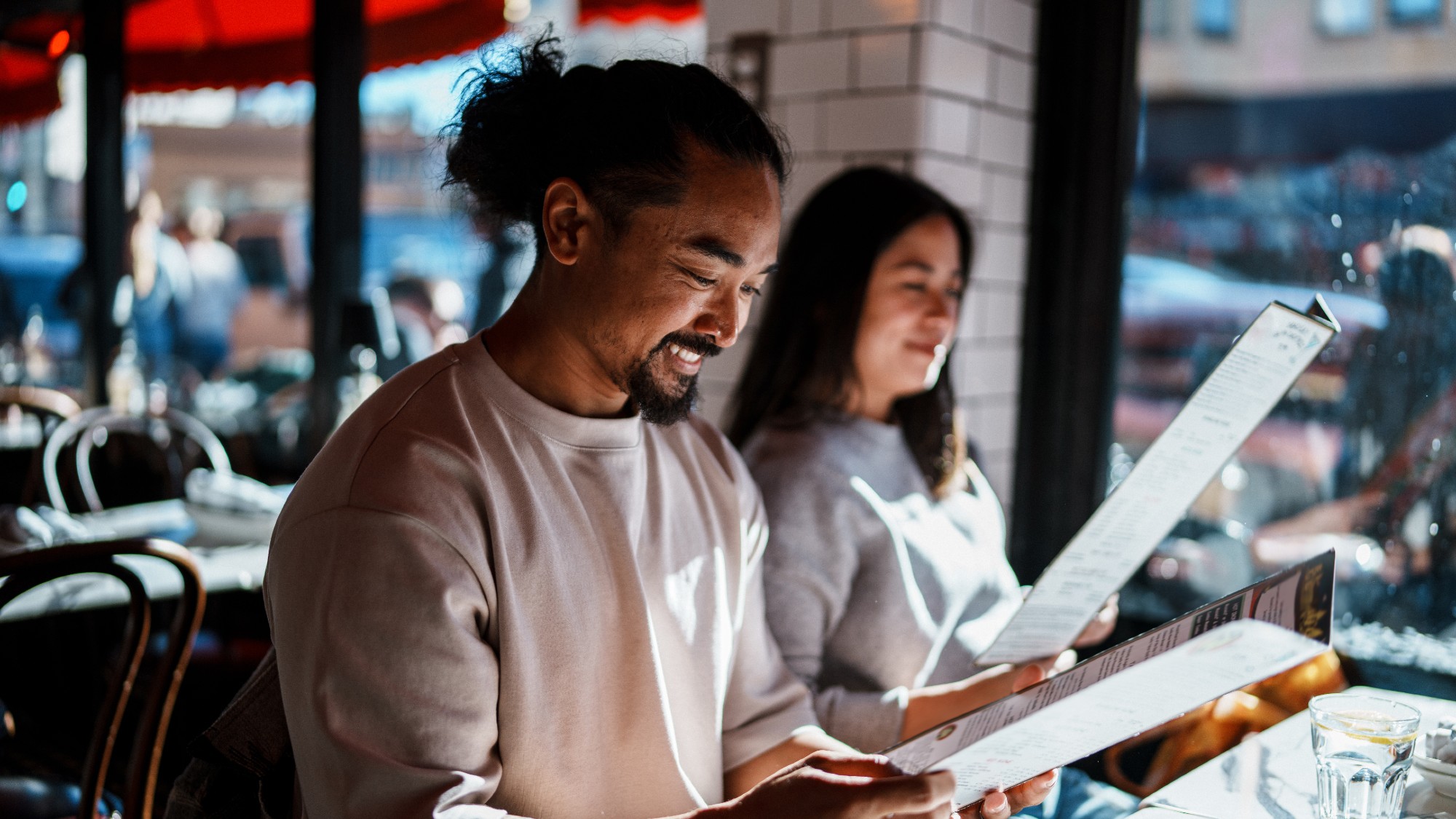 8 restaurants that are exactly what you need this winter
8 restaurants that are exactly what you need this winterThe Week Recommends Old standards and exciting newcomers alike
-
 Critics’ choice: Watering holes for gourmands
Critics’ choice: Watering holes for gourmandsFeature An endless selection of Mexican spirits, a Dublin-inspired bar, and an upscale Baltimore pub
-
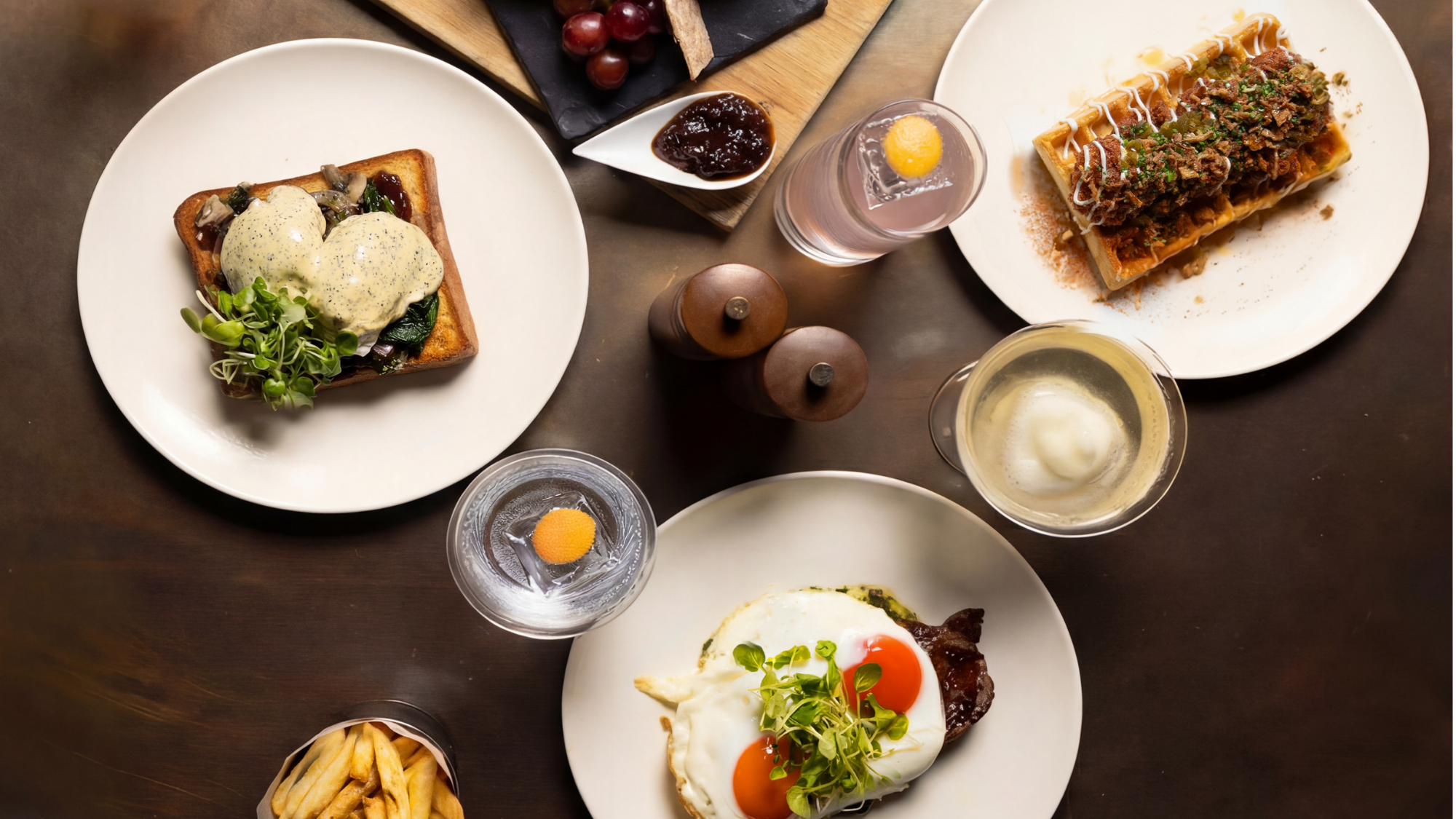 London’s best breakfasts and brunches
London’s best breakfasts and brunchesThe Week Recommends However you like your eggs in the morning, these memorable restaurants have you covered
-
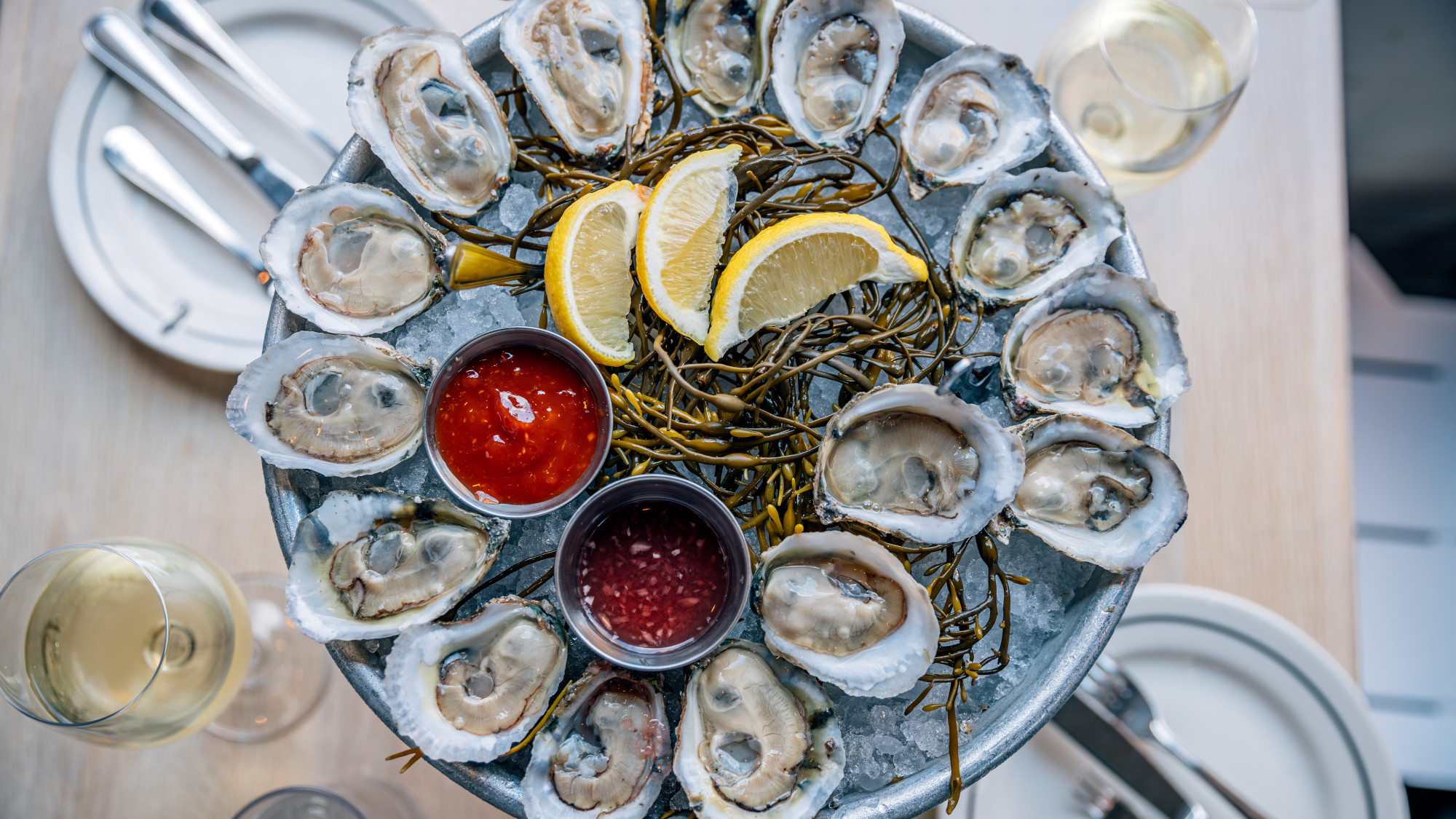 Critics’ choice: Seafood in the spotlight
Critics’ choice: Seafood in the spotlightFeature An experimental chef, a newspaper-worthy newcomer, and a dining titan’s fresh spin-off
-
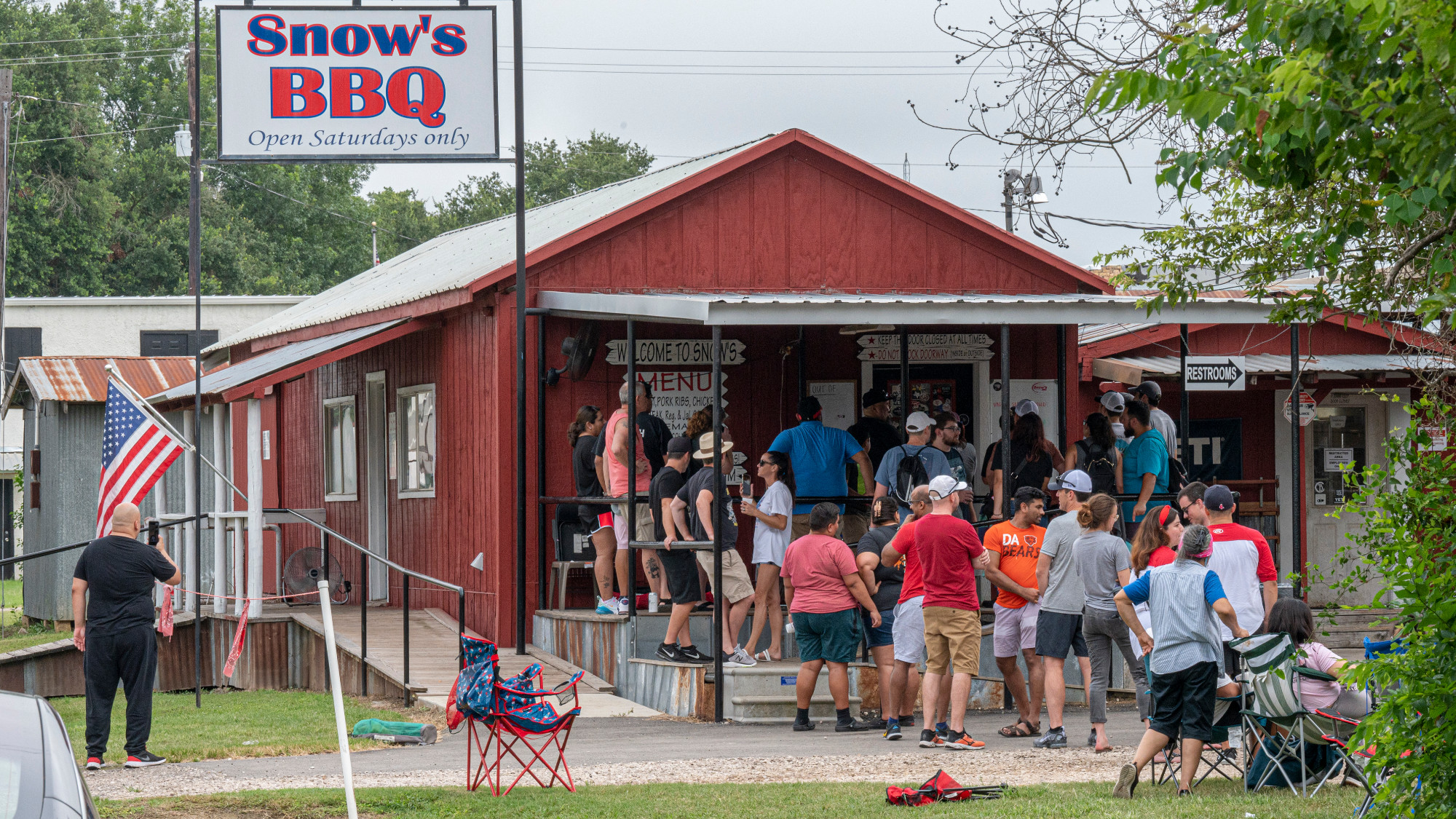 Southern barbecue: This year’s top three
Southern barbecue: This year’s top threeFeature A weekend-only restaurant, a 90-year-old pitmaster, and more
-
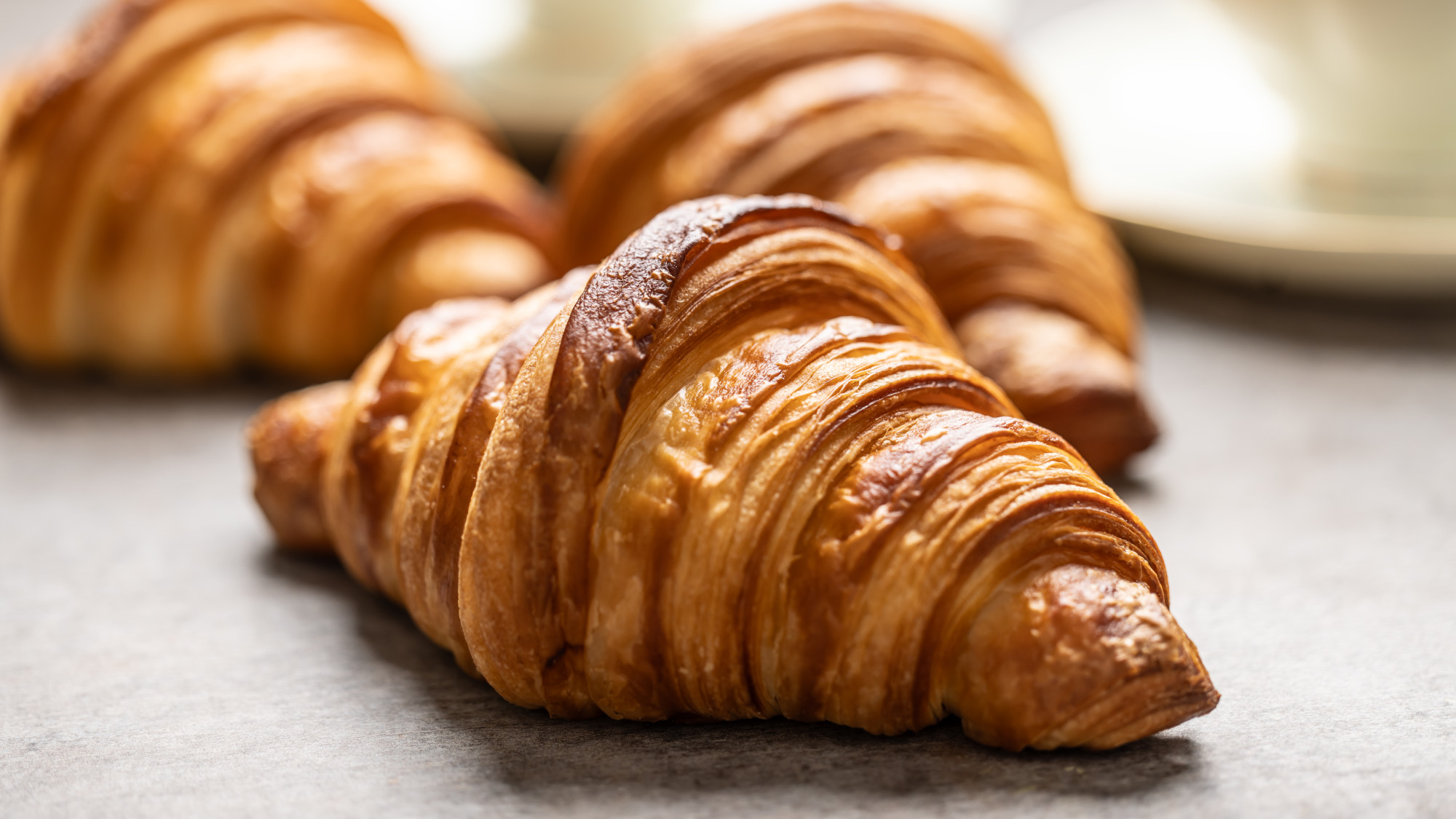 Critics’ choice: Celebrating rare Asian cuisines
Critics’ choice: Celebrating rare Asian cuisinesFeature The 2025 Restaurant of the Year, a Hmong culinary tribute, and an Uyghur feast
-
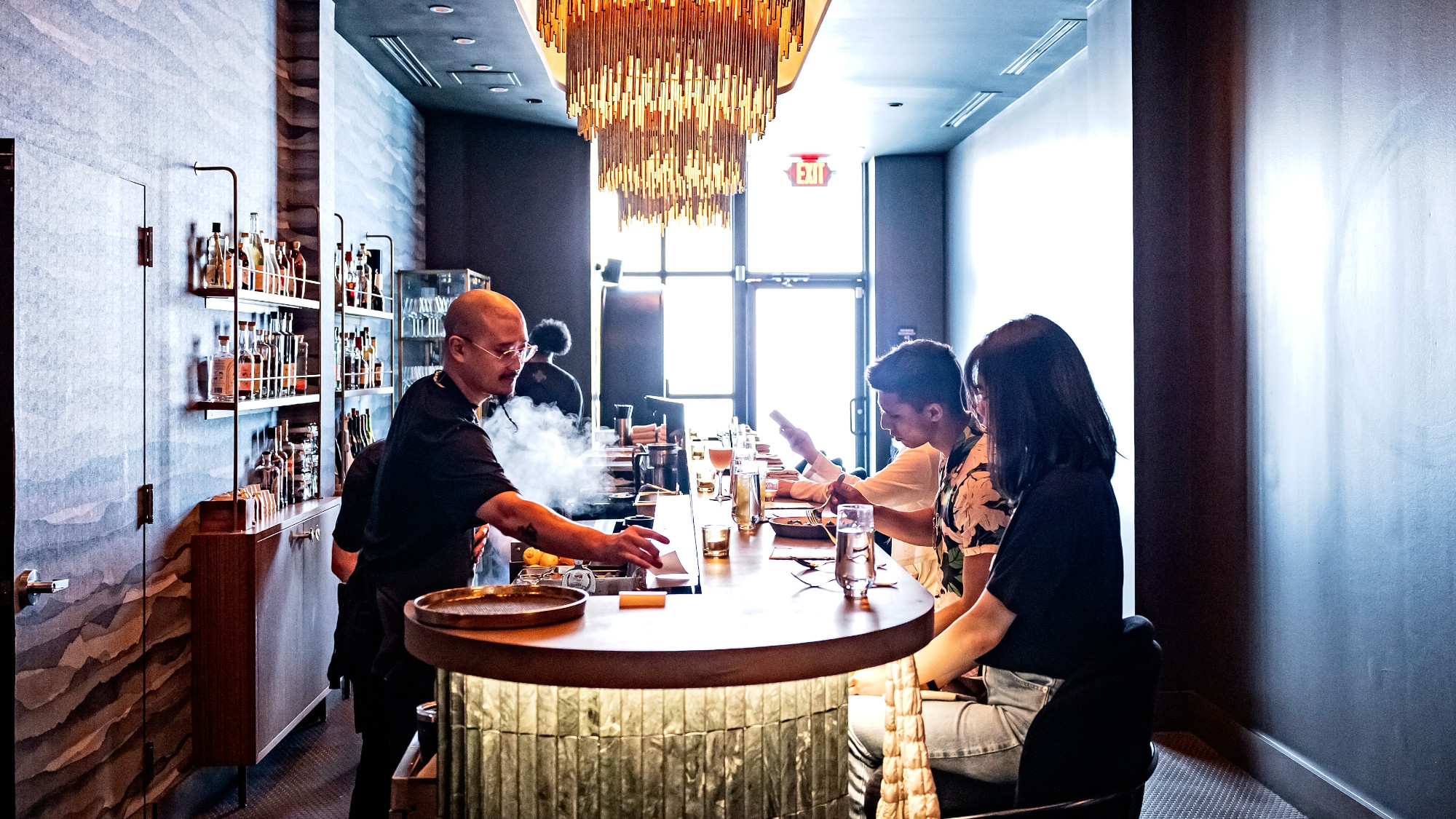 Critics’ choice: Three small yet magical Korean restaurants
Critics’ choice: Three small yet magical Korean restaurantsFeature A chef creates magic from scallops, a restaurant’s no-waste ethos, and more
-
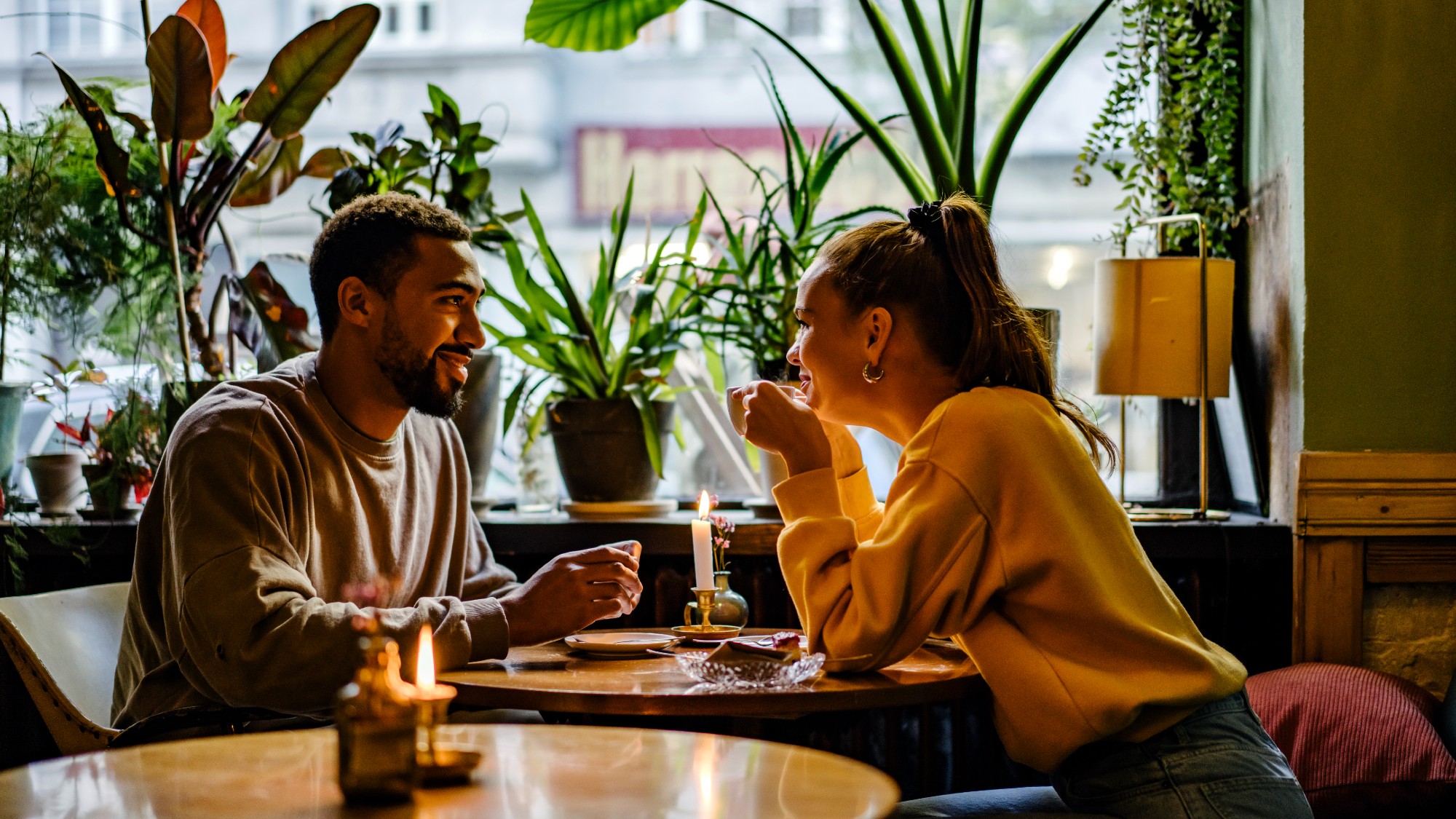 The 9 restaurants to eat at this very moment
The 9 restaurants to eat at this very momentThe Week Recommends They’re award-winning. Isn’t that reason enough?